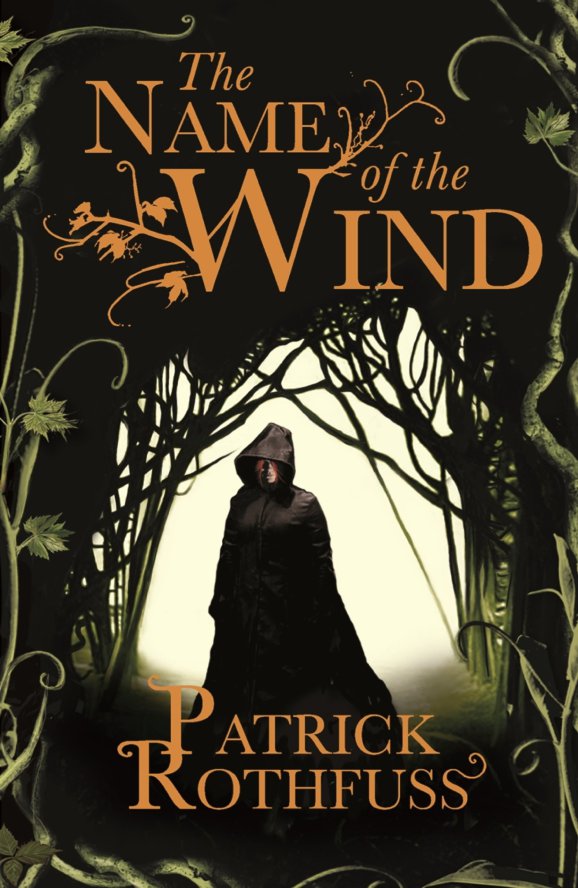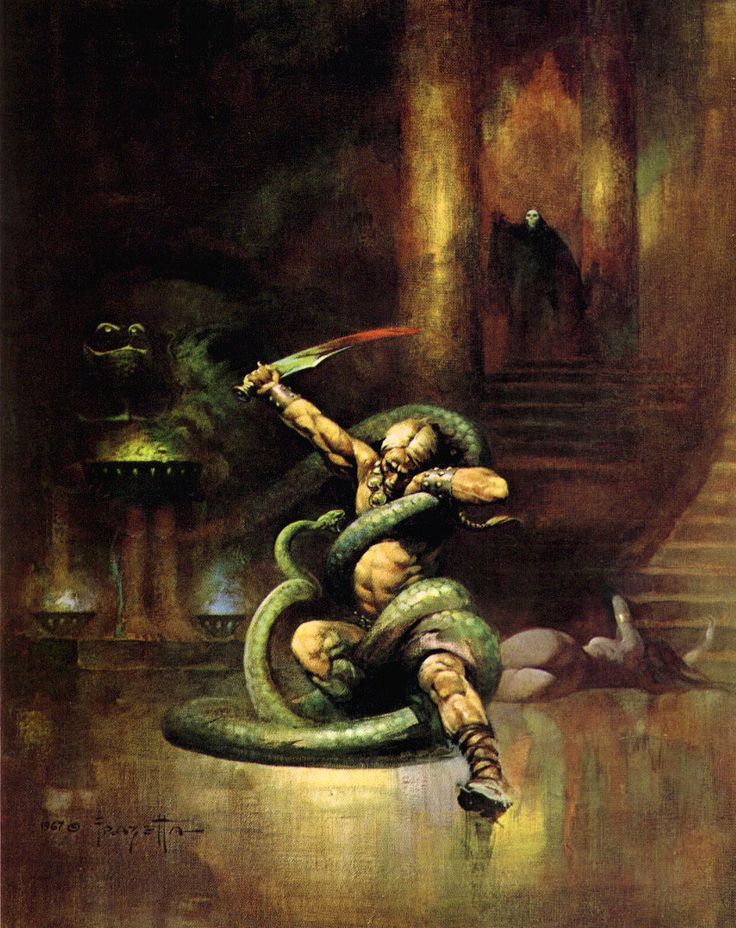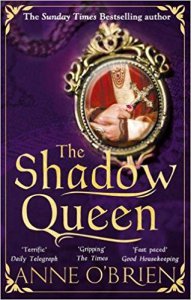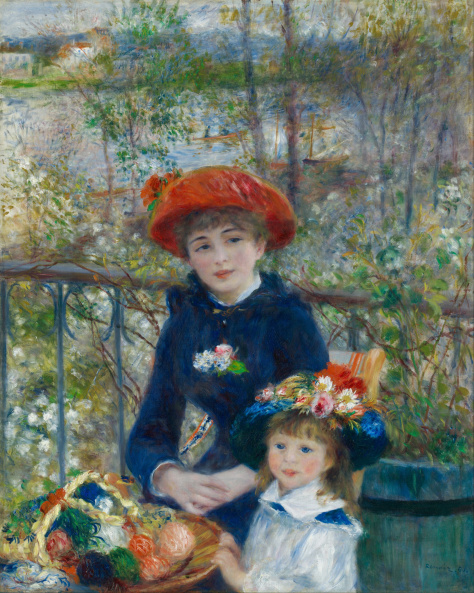PLEASE NOTE: SPOILERS FOR THE KINGKILLER CHRONICLE BY PATRICK ROTHFUSS
Dear Nate,
First of all, I just have to say, “Bravo.” Such a poetic and salute to a beverage has not been penned since the whaling song, “Sailor’s Prayer.” “Oh lord above send down a dove with beak as sharp as razors, to cut the throats of them their blokes who sell bad beer to sailors.” What a way to kick off the blog.

This week I wanted to talk about a book series that I read last year that profoundly impressed me, The Kingkiller Chronicle, by Patrick Rothfuss. For those of you who don’t know, the as-of-yet unfinished trilogy is the story of the remarkable life of Kvothe. A folk-hero of sorts, Kvothe is introduced hiding in a bar in a small rural town, serving beer and food to the locals while waiting to die. While a great musician and a powerful magician, he no longer practices either of his arts and the audience is given only cryptic explanations for his seclusion. He is thrust back into the spotlight when he saves the life of Chronicler, a historian of sorts, who asks to hear his story so that he can record it. Kvothe considers it and reluctantly agrees, telling the story in the first person over the course of three days.

The story, in the first two books at least, chronicles the young man’s difficult childhood and his rise to prominence and power as a student at The University. Throughout his various adventures and misadventures, Kvothe becomes the stuff of legend for both his unique abilities and his flair for the dramatic. His exploits lead him far and wide, earning him many enemies and enhancing his considerable reputation. There are sections of story that Kvothe simply refuses to tell because they are not interesting to him, and yet have become the subject of folklore. Throughout his story he saves the life of a prominent politician, kills a dragon, learns to fight from a mysterious tribe of warriors, becomes a master musician, and beds the fantasy equivalent of Aphrodite. This is only a sampling. He is distinctly larger than life, and yet the man telling the story seems to have fallen from grace for some mysterious reason. It is a gripping story that manages to entice the reader even in its most banal moments. At its heart, the series is a meditation on the power of memory and the power of storytelling.
Now I had heard of the Kingkiller Chronicle well before I read it, and perhaps had the same reaction that you had when reading my brief description. I dismissed it as terrible pulp that was nothing more than male wish fulfillment. Kvothe’s litany of achievements are laughable when taken out of context, and seem like the kind of thing that a teenager would write for his first attempt at fantasy. His character seems so outlandish that it appears that he must be lying. Yet while Kvothe is certainly an unreliable narrator in some ways, there is usually some truth behind each of the stories about him. What sets the series apart from other fantasy of its type however, is that it is more than a traditional take on pulp fantasy. It is pulp fiction that is written as literary fiction.
Now I have no problem with pulp fantasy, in fact, I am a huge fan of it. There is something invigorating and enjoyable about the straightforward approach to fantasy that writers like Robert E. Howard and Fritz Leiber. While they might not have the most profound and deep construction for their world, they are unashamed to indulge in its fantastical elements. I will not deny that there is an element of wish-fulfillment to these stories, but I don’t think that a little bit of wish-fulfillment ever really hurt anyone. The aesthetic of high fantasy and pulp fantasy appeals to me, and always has, just as some people connect with hardboiled detective stories. Personally I think the distinction between literary fiction and genre fiction is pretentious and unnecessary. To paraphrase one of Stephen King’s many writer protagonists, “What’s wrong with pulp? The woods are full of it!”

Obligatory Frank Frazetta image, since we’re discussing pulp fantasy.
Yet what sets Rothfuss’ books aside from the work of other writers in this field is his prose, which elevates the events of the book far beyond a standard work of pulp fiction. He constructs an inner monologue for Kvothe that seems both profoundly real and terribly beautiful. His ruminations on subjects such as music and the search for knowledge are enough to pluck at anyone’s heartstrings, and he has a gift for capturing the profound sadness of his larger than life character. Kvothe is made believable mostly by Rothfuss’ ability to make us believe in his suffering at the hands of dark forces and his almost perpetual poverty throughout the novels. We are so enchanted with his outlook on the world that we begin to believe the kinds of outlandish things that he claims he has done. As an example, I will provide one of Kvothe’s most piercing monologues, one that would seem ludicrous if not for Rothfuss’ mastery of his craft.
“My name is Kvothe, pronounced nearly the same as “quothe.” Names are important as they tell you a great deal about a person. I’ve had more names than anyone has a right to. The Adem call me Maedre. Which, depending on how it’s spoken, can mean The Flame, The Thunder, or The Broken Tree.
“The Flame” is obvious if you’ve ever seen me. I have red hair, bright. If I had been born a couple of hundred years ago I would probably have been burned as a demon. I keep it short but it’s unruly. When left to its own devices, it sticks up and makes me look as if I have been set afire.
“The Thunder” I attribute to a strong baritone and a great deal of stage training at an early age.
I’ve never thought of “The Broken Tree” as very significant. Although in retrospect, I suppose it could be considered at least partially prophetic.
My first mentor called me E’lir because I was clever and I knew it. My first real lover called me Dulator because she liked the sound of it. I have been called Shadicar, Lightfinger, and Six-String. I have been called Kvothe the Bloodless, Kvothe the Arcane, and Kvothe Kingkiller. I have earned those names. Bought and paid for them.
But I was brought up as Kvothe. My father once told me it meant “to know.”
I have, of course, been called many other things. Most of them uncouth, although very few were unearned.
I have stolen princesses back from sleeping barrow kings. I burned down the town of Trebon. I have spent the night with Felurian and left with both my sanity and my life. I was expelled from the University at a younger age than most people are allowed in. I tread paths by moonlight that others fear to speak of during day. I have talked to Gods, loved women, and written songs that make the minstrels weep.
You may have heard of me.”
What I hope that this too-long quotation has proved, is that Rothfuss manages to make this character live and breathe despite the fact that his achievements would not be out of place in a Greek legend. He engages in all of the conventions of pulp literature, but does so with writing that can bring the reader to tears. This prose was what kept me reading to devour these two immense books in two weeks’ time. I found myself repeating lines out loud on the train, and laughing hysterically as I drank my morning coffee in a Dunkin’ Donuts. There is a reason that Rothfuss’ fans have such an obsession with his work, and why they lament him for not writing faster. Yet his pace, and the time and care he puts into each word, is also the reason why we should feel lucky to have this work at all.
Now Rothfuss’ series is not without blemish, and it is one that pulp fantasy tends to share. These stories arose as a kind of wish fulfillment in many ways, and it is a decidedly male wish fulfillment. While I would never make claims about Rothfuss’ personal feelings towards women, (he seems to be a very nice person) I think that it is lamentable that almost all of his female characters exist to serve the main character and his interests. They are often well-drawn and interesting parts of the world, yet they almost all have some degree of fascination with, or attraction to, the main character. Those who do not have this fixation with Kvothe can often come off as shrewish and cruel, and are a poor reflection of the world Rothfuss has built. It could perhaps be argued that this is largely because we view them from within the mind of Kvothe himself, but I find this to be a poor excuse for not casting a broader spectrum of female characters.
My one grudge aside, I think that this series accomplishes something truly unique by combining masterful prose with the scope and scale of pulp fantasy writing. I have attempted to give only minor spoilers for the books so that if you feel inclined to read them Nate, and I hope that you do, you can enjoy them without reservation. It is refreshing to see a writer plunge himself so deeply into a world and weave it together with such skill and poetry that you lose yourself in it. Ultimately, I cannot recommend The Kingkiller Chronicle enough.
Just skim the parts where he has sex for a hundred pages.
Best,
Ben
Share this:




